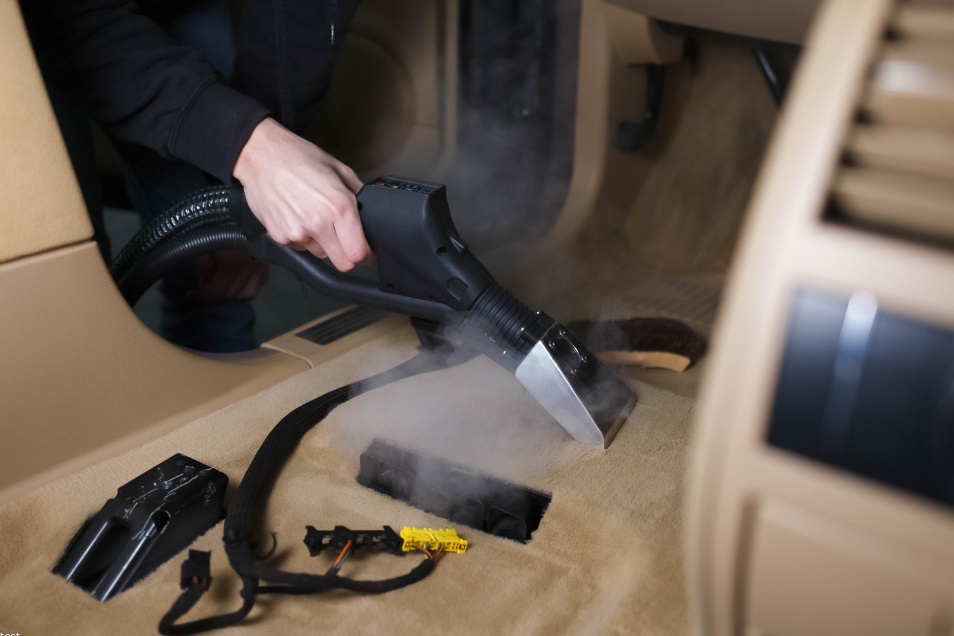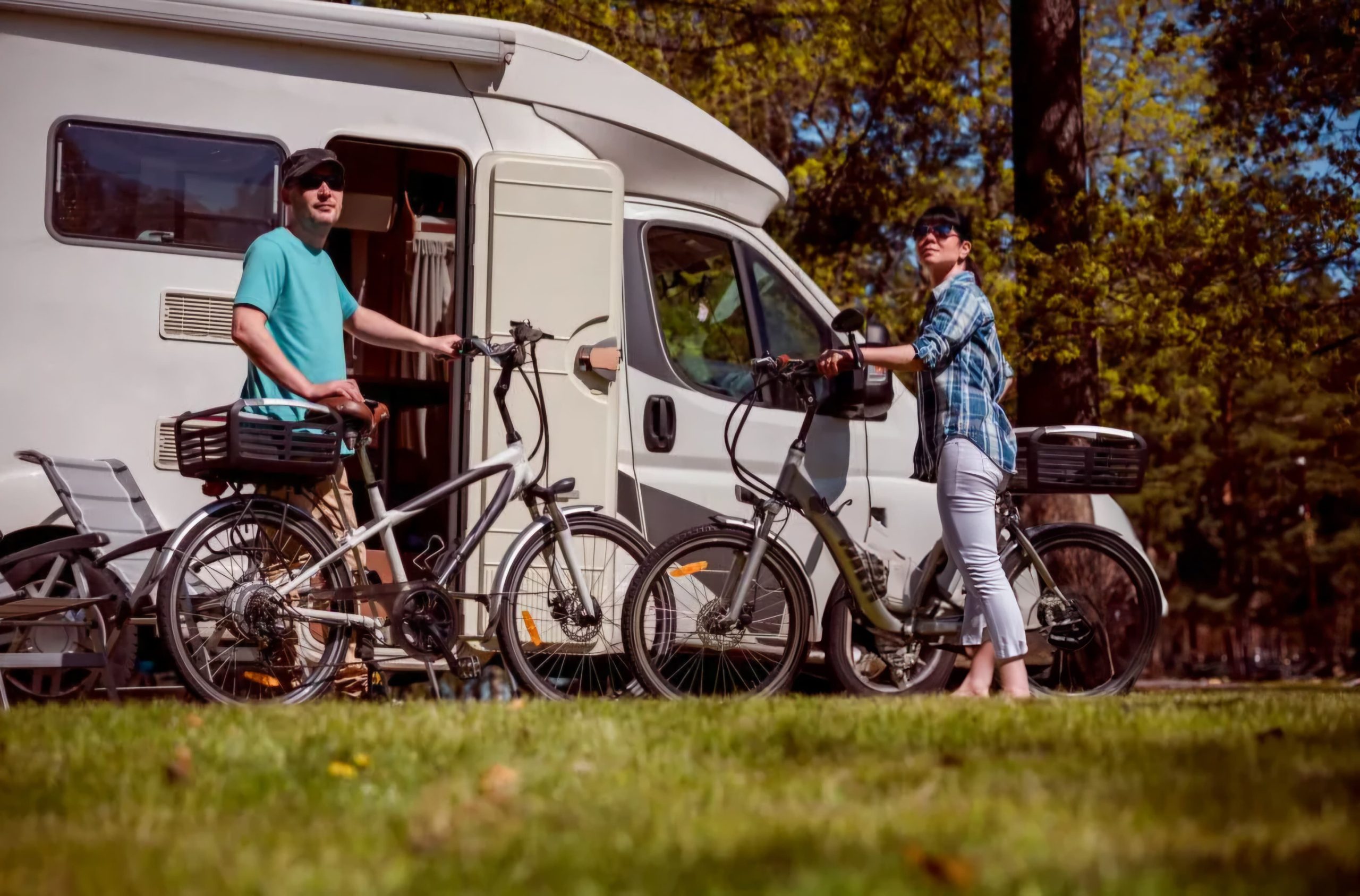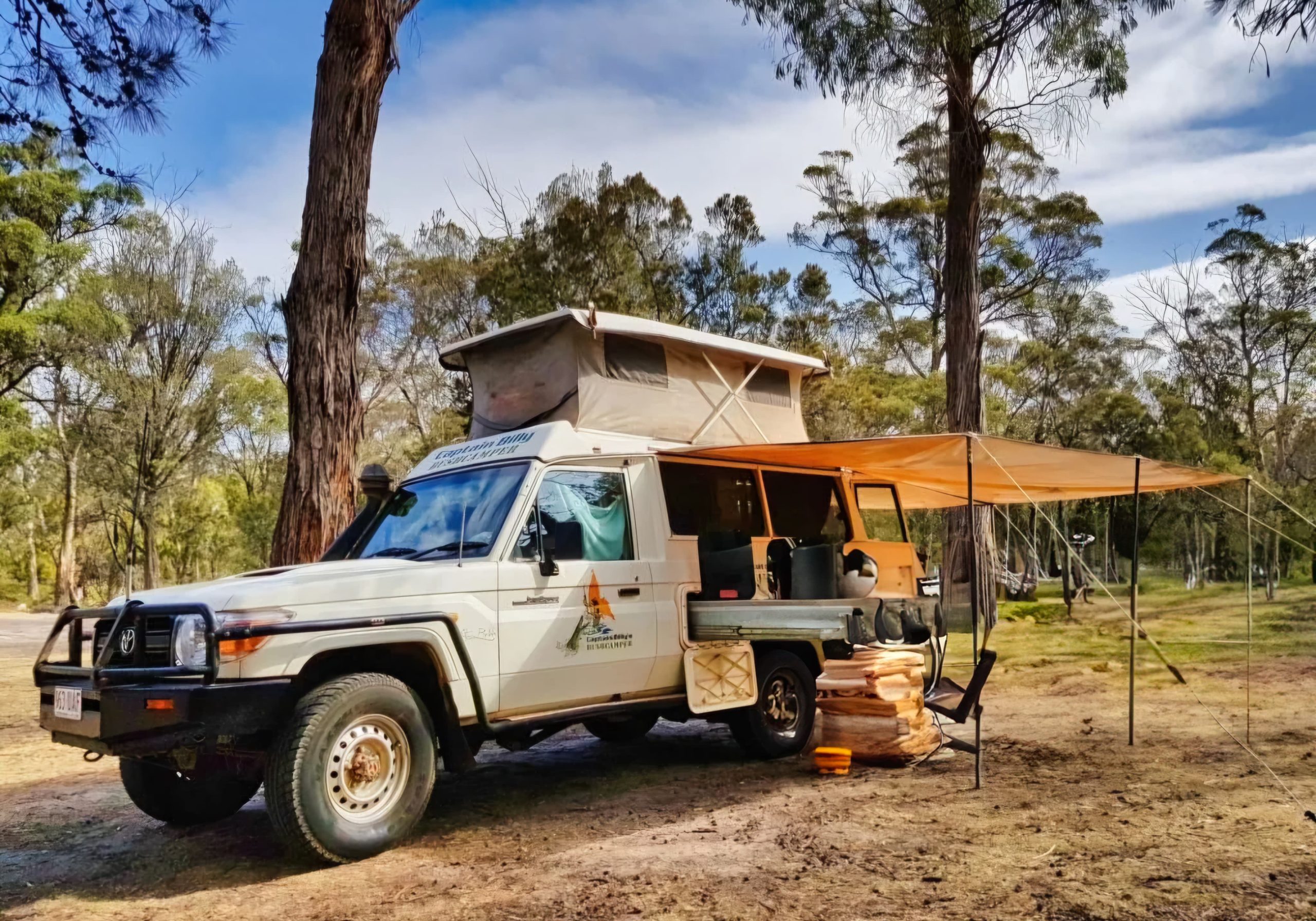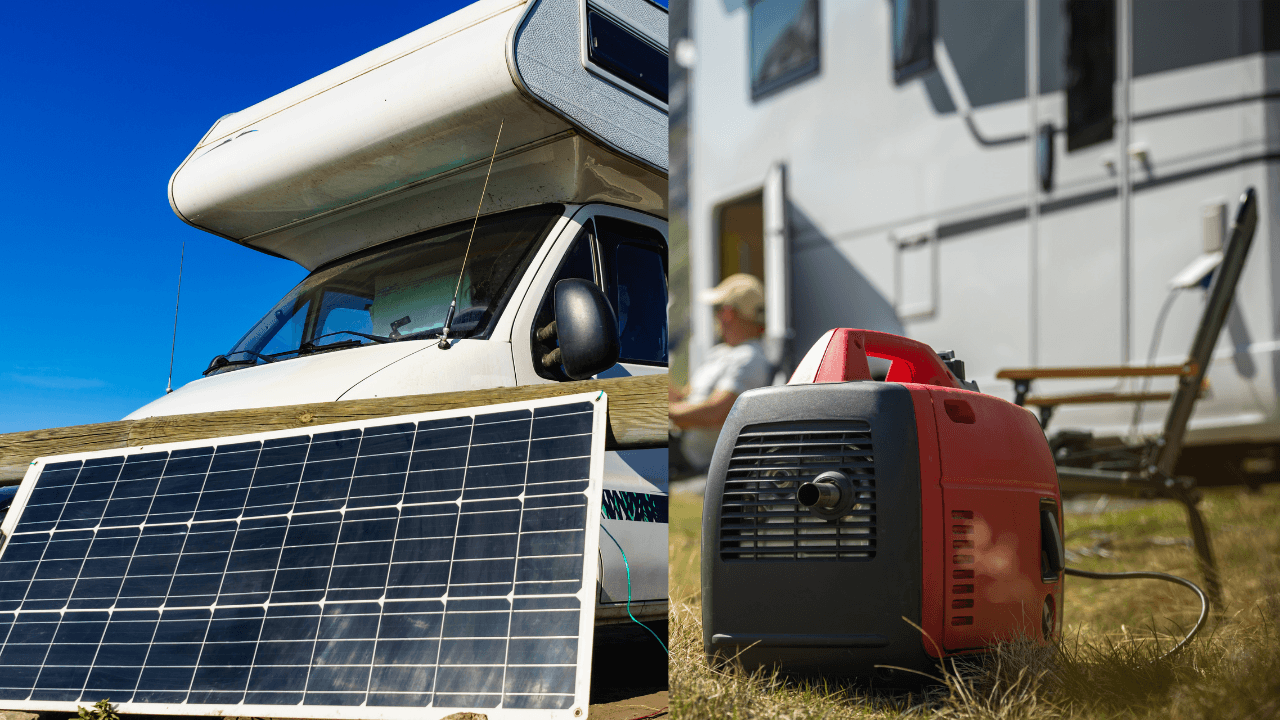Let’s be real: keeping your gear powered while camping used to mean sacrificing peace and quiet for the growl of a generator. For years, generators were the go-to option for campers needing reliable power—but that came with noise, fuel smells, and a decent chunk of maintenance.
These days, solar technology has come a long way. It’s more affordable, more portable, and way more accessible than it used to be. You’ll now find rooftop solar panels on caravans, fold-out kits at bush campsites, and compact solar batteries that can run the essentials. So, the big question is: which option is better—solar panels or generators?
Whether you’re parked up at a powered caravan site, heading off-grid in the middle of the bush, or doing the lap of Australia, this guide breaks down the pros and cons of each power option so you can decide what works best for your camping style.
Table of Contents
TogglePower Output
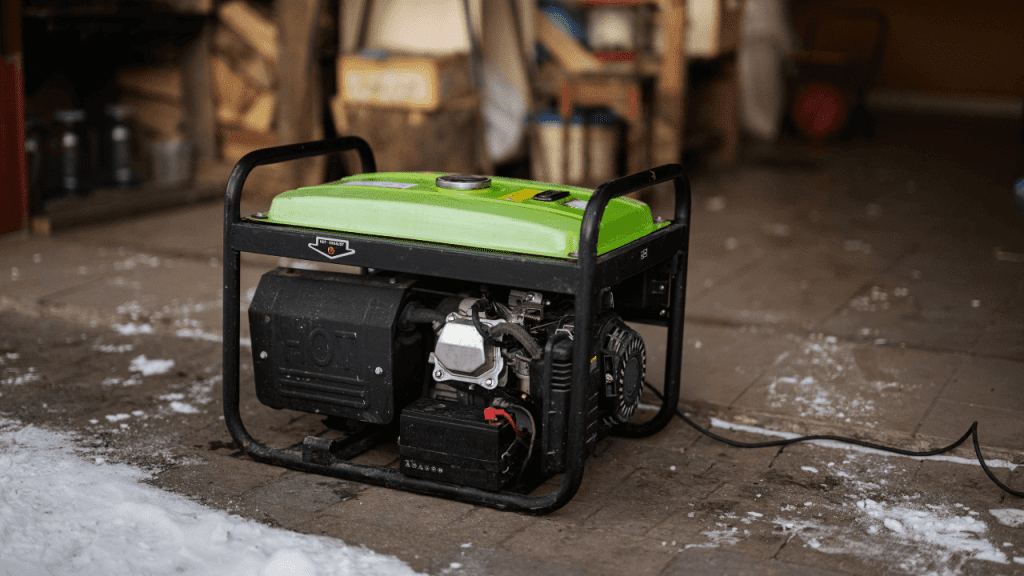
What it means:
This is all about how much juice each system can actually provide to keep your gadgets and gear running. Generators come in a variety of sizes and wattages, from small 800W models good for charging phones or running a laptop, to beefier 2000W+ models capable of handling fridges, kettles, and even microwaves.
Solar panel setups, on the other hand, are a bit more nuanced. How much power you get depends on panel size (wattage), sunlight hours, and the capacity of your battery storage. A high-efficiency 200W solar panel with a quality lithium battery can power most essentials, but may fall short if you’re running multiple appliances or powering up after a few cloudy days.
Noise and Vibes
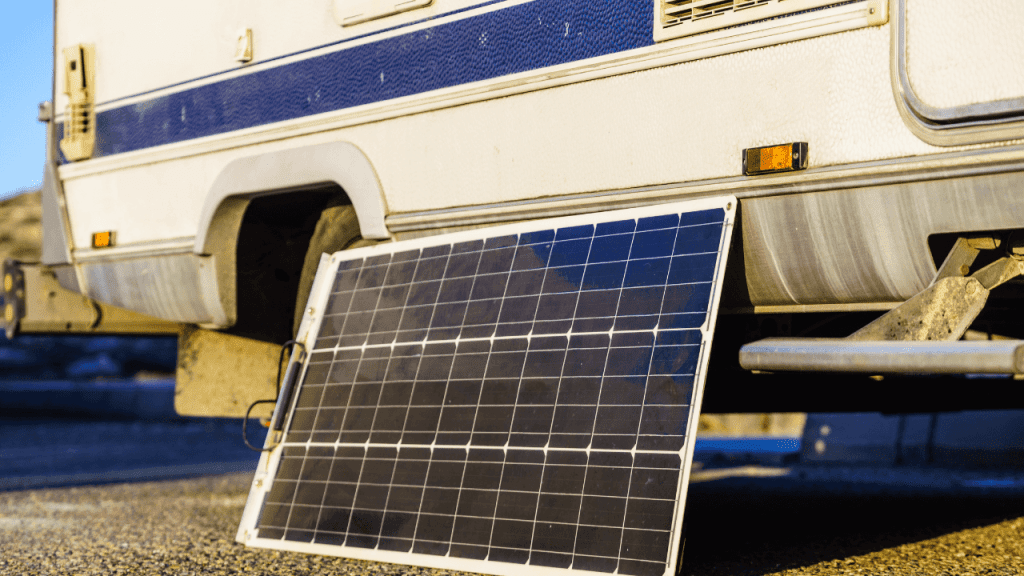
What it means:
Microfiber towels are a favourite among campers. They’re super lightweight, fast-drying, and easy to pack. These towels are ideal for those who prioritise performance and practicality.
Why it matters:
If you’re camping to unwind, enjoy nature, or sleep under the stars, the last thing you want is to drown out the sounds of birdsong or the crackle of your campfire. Plus, in busy campsites or caravan parks, generator noise can seriously irritate your neighbours. For those who value peace and quiet—or camp in places with generator restrictions—solar is the clear winner.
Cost to Run
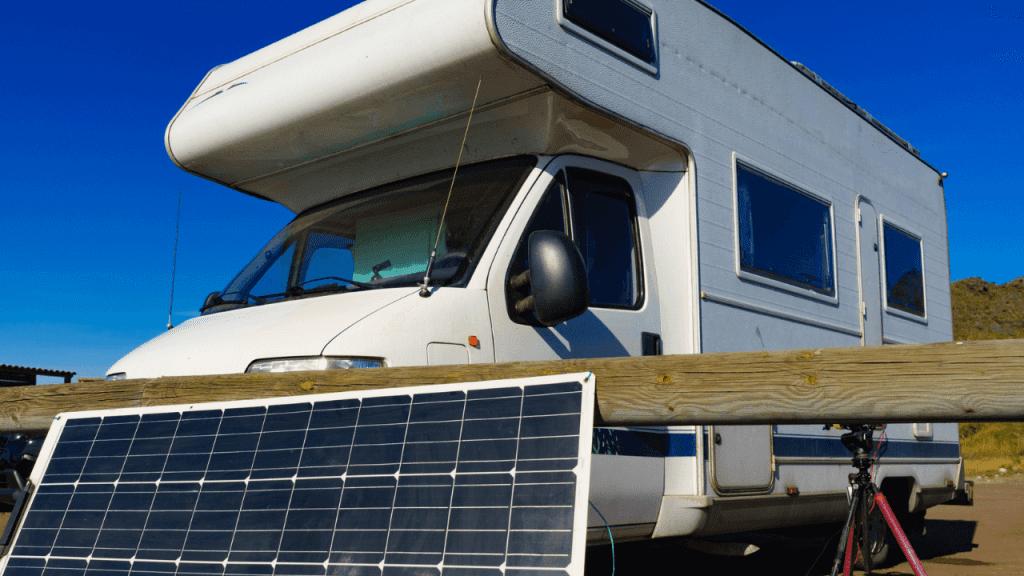
What it means:
Generators run on fuel, whether it’s petrol or diesel, and that cost adds up—especially if you’re travelling long-term or using the generator daily. You also need to factor in oil, servicing, and fuel storage. Solar panels, by contrast, run on free sunshine. While the upfront cost of a decent solar setup might feel steep, once it’s installed, you’re generating power for free.
Why it matters:
Frequent campers or full-time travellers can save a ton over time with solar. That once-off investment starts to pay off quickly when you’re not pouring $20–$30 of fuel into your generator every few days. If you’re on the road often or travelling for weeks at a time, solar is far more budget-friendly in the long run.
Why it matters:
If your idea of camping includes all the creature comforts—coffee machines, induction cooktops, air conditioners—a generator has the upper hand. But if you’re just running lights, phones, a 12V fridge, or even a TV, solar can absolutely keep up with a good system in place. It’s all about matching your power setup to your lifestyle on the road.
Space is at a premium when camping, and bulky towels are a hassle. Opt for towels that fold down small and won’t weigh down your backpack.
Camping towels take a beating, so they need to be tough. Look for options that resist wear and tear, as well as sand-resistant fabrics that keep the grit where it belongs—on the beach, not in your tent.
Setup and Portability

What it means:
Solar panel kits have come a long way. You can now get compact, foldable panels that tuck away neatly when not in use. There are also fixed rooftop panels for caravans or slide-out drawers for 4WD setups. Some systems are true plug-and-play, while others require a bit more fiddling with regulators and batteries.
Generators, while typically easy to start and connect, tend to be bulky and require fuel storage. They’re heavier and take up more space—something to think about if you’re tight on room in the car or trailer.
Why it matters:
If you’re moving campsites often, setting up in remote spots, or just want to keep things light and easy, solar is great for its flexibility and packability. But if you’re setting up a semi-permanent base camp or travelling in a large van with space to spare, a generator may not be a bother at all.
Maintenance and Durability
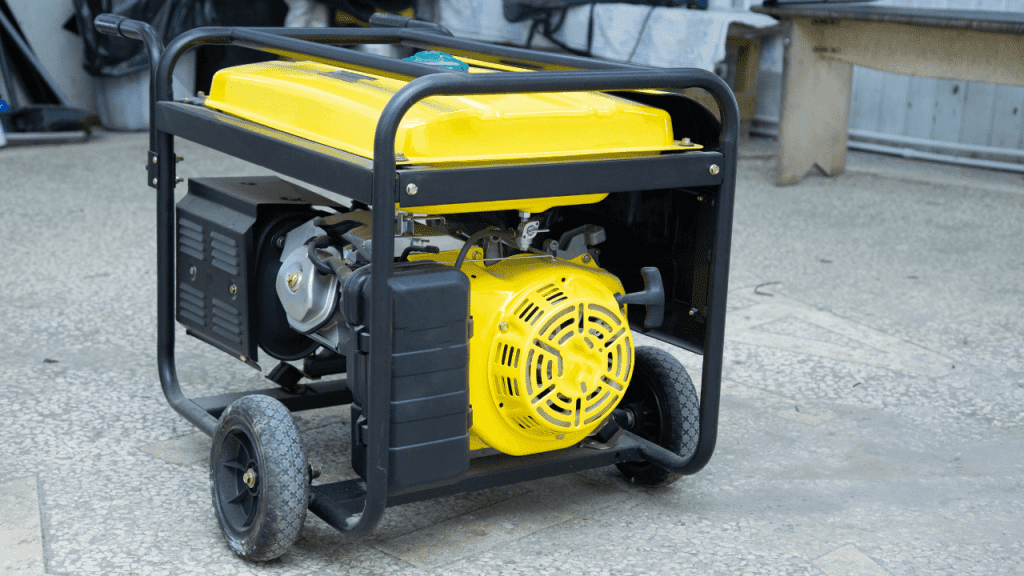
What it means:
Solar panels are generally low-maintenance. Wipe them clean, keep your battery healthy, and they’ll serve you well for years. No oil changes, no spark plugs, no fuel to manage.
Generators, however, are small engines—and like all engines, they need a bit of TLC. You’ll need to check oil levels, clean air filters, store fuel properly, and service them now and then to keep them running smoothly.
Why it matters:
If you’d rather spend your weekends fishing or hiking—not tinkering with machinery—solar’s low-maintenance design is a big plus. It’s perfect for those who want reliable power without the extra upkeep.
Noise and Vibes

What it means:
Microfiber towels are a favourite among campers. They’re super lightweight, fast-drying, and easy to pack. These towels are ideal for those who prioritise performance and practicality.
Why it matters:
If you’re camping to unwind, enjoy nature, or sleep under the stars, the last thing you want is to drown out the sounds of birdsong or the crackle of your campfire. Plus, in busy campsites or caravan parks, generator noise can seriously irritate your neighbours. For those who value peace and quiet—or camp in places with generator restrictions—solar is the clear winner.
Cost to Run

What it means:
Generators run on fuel, whether it’s petrol or diesel, and that cost adds up—especially if you’re travelling long-term or using the generator daily. You also need to factor in oil, servicing, and fuel storage. Solar panels, by contrast, run on free sunshine. While the upfront cost of a decent solar setup might feel steep, once it’s installed, you’re generating power for free.
Why it matters:
Frequent campers or full-time travellers can save a ton over time with solar. That once-off investment starts to pay off quickly when you’re not pouring $20–$30 of fuel into your generator every few days. If you’re on the road often or travelling for weeks at a time, solar is far more budget-friendly in the long run.
Eco-Friendliness
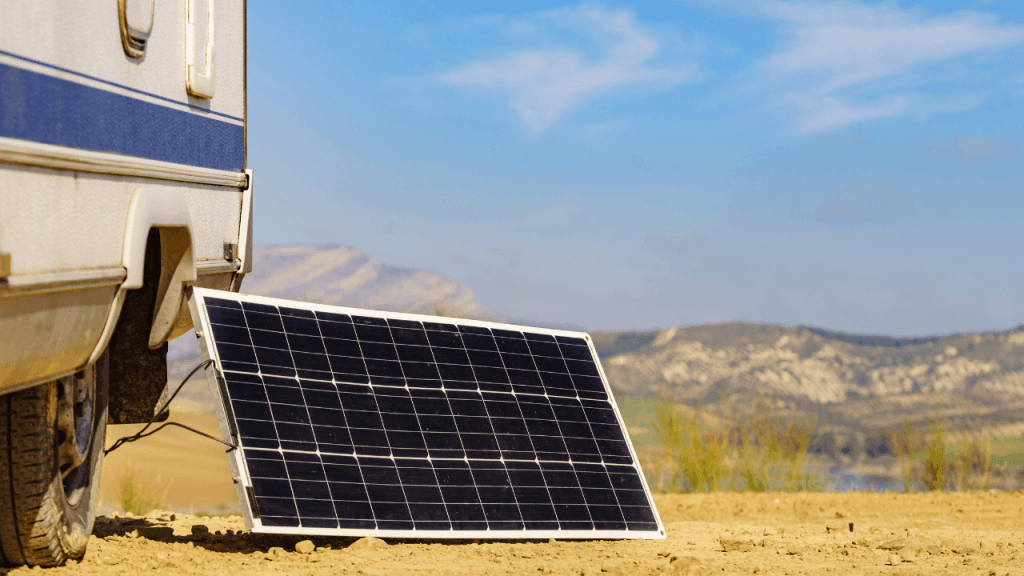
What it means:
Solar power is renewable and emissions-free. It leaves no carbon footprint and doesn’t contribute to air or noise pollution. Generators, by contrast, burn fossil fuels and emit exhaust gases, plus they can leak fuel if not handled properly.
Why it matters:
If you’re trying to tread lightly on the environment and preserve the pristine beauty of the Aussie bush, solar is the more eco-conscious choice. It’s also worth noting that some national parks and campgrounds restrict generator use—or ban them altogether—because of noise and environmental impact.
Weather Dependency
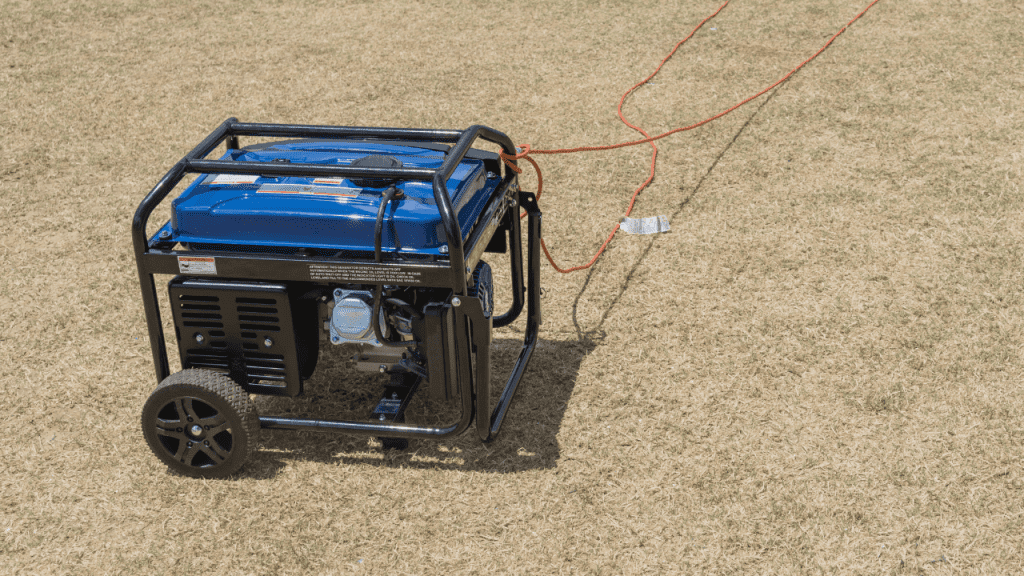
What it means:
Solar panels need sunshine. Cloudy days, rain, or heavy shade (think tall trees or canyon campsites) will reduce their output significantly. Generators, on the other hand, don’t care what the weather’s doing. As long as you’ve got fuel and a dry place to run it, you’ll have power.
Why it matters:
If you’re heading into areas with unpredictable weather or deep bushland, relying solely on solar might be risky. You might find yourself short on charge just when you need it. In these cases, either packing a generator or building in extra battery capacity as backup is a smart move.
Hybrid Option: Why Not Both?
What it means:
Some campers opt for a hybrid setup—solar for everyday use, with a generator on standby for backup or high-demand appliances.
Why it matters:
This combo gives you peace of mind. You can enjoy the benefits of solar for most of your trip, and if things turn gloomy or you suddenly need extra power, the generator’s there to pick up the slack. It’s a flexible, future-proof setup for longer trips or full-time caravanning.
Final Verdict: What’s Right for You?
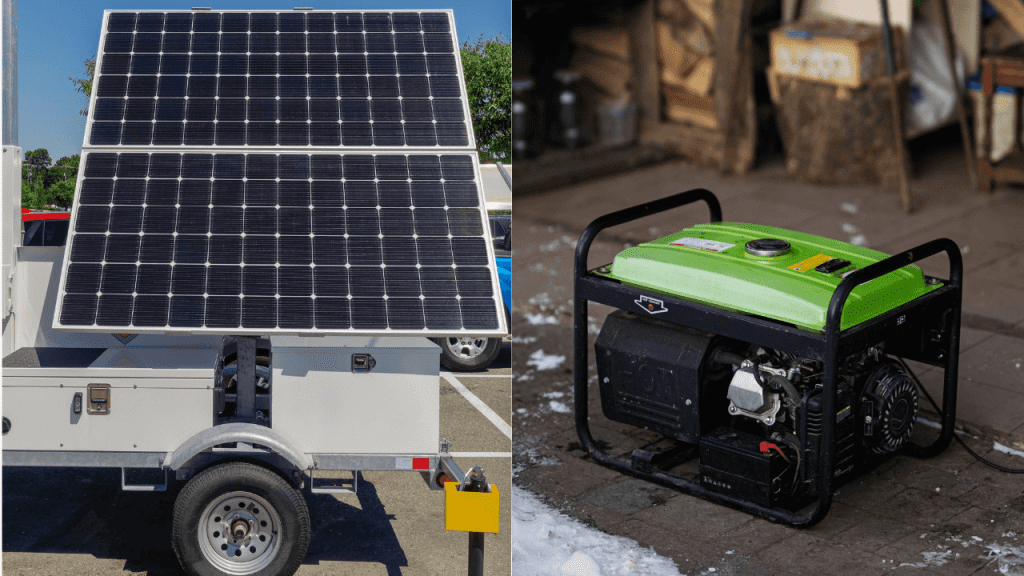
Heading off on a sunny weekend trip?
Solar’s probably all you need. It’s easy, silent, and sustainable—ideal for topping up batteries and keeping the essentials running. Fold-out panels and a decent battery will see you through two or three nights without breaking a sweat.
Planning a longer trip with all your gadgets in tow?
A generator could be your best friend. Yes, it’s noisier and heavier, but it’ll keep your setup humming when solar alone might not cut it—especially if you’re relying on bigger appliances or travelling through less sunny areas.
Can’t decide? Do both.
Going hybrid gives you the best of both worlds. Use solar as your primary source to stay green and quiet, then bring out the generator as a backup when weather or wattage demands it. This is a popular option for travellers who like their flexibility and don’t want to be caught out in the middle of nowhere with flat batteries.
At the end of the day, there’s no one-size-fits-all solution—it comes down to how you camp, what you need to power, and what kind of setup works for your travel style. The good news? With today’s range of solar gear and compact generators, staying powered up off-grid is easier than ever.
Noise and Vibes

What it means:
Microfiber towels are a favourite among campers. They’re super lightweight, fast-drying, and easy to pack. These towels are ideal for those who prioritise performance and practicality.
Why it matters:
If you’re camping to unwind, enjoy nature, or sleep under the stars, the last thing you want is to drown out the sounds of birdsong or the crackle of your campfire. Plus, in busy campsites or caravan parks, generator noise can seriously irritate your neighbours. For those who value peace and quiet—or camp in places with generator restrictions—solar is the clear winner.
Cost to Run

What it means:
Generators run on fuel, whether it’s petrol or diesel, and that cost adds up—especially if you’re travelling long-term or using the generator daily. You also need to factor in oil, servicing, and fuel storage. Solar panels, by contrast, run on free sunshine. While the upfront cost of a decent solar setup might feel steep, once it’s installed, you’re generating power for free.
Why it matters:
Frequent campers or full-time travellers can save a ton over time with solar. That once-off investment starts to pay off quickly when you’re not pouring $20–$30 of fuel into your generator every few days. If you’re on the road often or travelling for weeks at a time, solar is far more budget-friendly in the long run.
